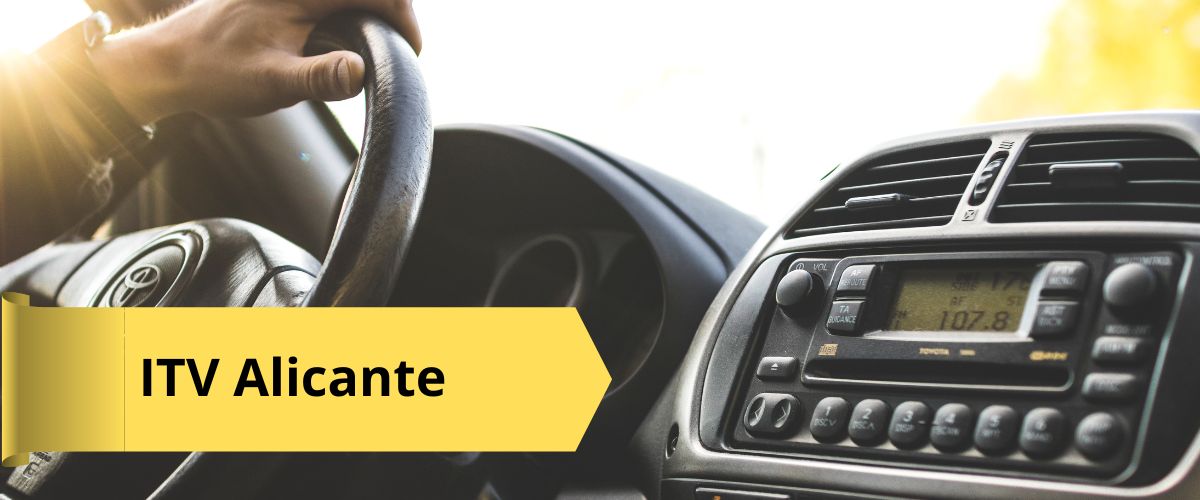Usual Obstacles Encountered Throughout Foreign Lorry Registrations and Just How to Get rid of Them
Browsing the intricacies of foreign vehicle registrations can be a daunting job, filled with obstacles that differ dramatically throughout territories. Concerns such as figuring out neighborhood policies, getting rid of language obstacles in vital paperwork, and reconciling discrepancies in lorry specifications typically emerge. Moreover, comprehending tax obligation effects and conformity with security requirements can even more complicate the procedure. By examining efficient approaches to resolve these challenges, individuals can better position themselves for a smoother registration experience. The question stays: what specific steps can be required to minimize these common mistakes?

Understanding Neighborhood Regulations
Navigating the complexities of international vehicle enrollment starts with a complete understanding of neighborhood policies. Each country has its specific regulations and needs regulating the registration of lorries, which can differ dramatically from one territory to one more (Register a foreign Vehicle in Spain). It is vital for foreign automobile proprietors to familiarize themselves with these policies to make sure conformity and stay clear of prospective penalties or legal complications

Furthermore, some territories mandate automobile evaluations to ascertain compliance with neighborhood safety and security and discharges criteria. This might demand adjustments to the car prior to it can be legitimately registered. Involving with regional authorities or talking to legal experts can provide clarity on these policies.
Language Obstacles in Documents
Language barriers position significant challenges when it concerns the documents needed for foreign lorry enrollment. Many individuals encounter problems in comprehending the specific needs described in local policies, as these records are typically released in the official language of the host country. False impressions can result in the entry of inaccurate or insufficient documents, causing delays or denial of enrollment.
Additionally, essential records, such as title acts, evidence of ownership, and insurance plan, may not have readily offered translations - Register a foreign Vehicle in Spain. This can produce complication for international car owners who are not familiar with the regional terms and legal jargon. Consequently, navigating the enrollment procedure ends up being difficult, commonly requiring added time and initiative to make certain conformity
To mitigate these problems, it is suggested for international vehicle owners to seek professional translation solutions or speak with regional specialists that can help in recognizing the requisite documents. In addition, government companies may offer multilingual resources or standards to facilitate the enrollment procedure. Proactively resolving language obstacles can improve the enrollment experience, making certain that all required papers are accurately prepared and sent in conformity with local policies.
Lorry Spec Discrepancies

Encountering car spec discrepancies can develop considerable obstacles for foreign car proprietors during the registration process. see this page These discrepancies frequently occur from distinctions in making criteria, dimension units, and governing requirements in between the lorry's native land and the host country. For example, an automobile that meets safety and security and emissions requirements in one country may not straighten with the specifications required for enrollment in one more, resulting in hold-ups or straight-out rejections.
To get over these challenges, it Bonuses is vital for international vehicle proprietors to conduct extensive research prior to initiating the registration procedure. This includes understanding the certain needs established by the regional authorities, such as safety and security standards, discharges degrees, and any kind of required modifications. Engaging with a specialist solution focusing on international lorry enrollment can likewise provide useful insights and aid in navigating these disparities.
Documents plays an essential function, so ensuring that all technical requirements and modifications are accurately mirrored in the documentation can reduce issues. Furthermore, maintaining open interaction with regional enrollment authorities can give clearness on any prospective disparities, allowing for timely resolution and effective registration of the lorry.
Navigating Tax Requirements
Comprehending the tax requirements related to international automobile registration is vital for proprietors aiming to abide by regional regulations. Each jurisdiction has certain tax responsibilities that need to be met prior to a car can be legitimately registered. These may include import responsibilities, value-added tax obligations (BARREL), and yearly lorry tax obligations, which can vary considerably relying on the lorry's beginning, value, and specs.
To navigate these tax requirements successfully, vehicle proprietors need to start by investigating the certain tax obligations suitable in their area. Consulting with regional tax obligation authorities or a tax obligation expert with experience in foreign vehicle enrollments can provide clarity on the procedure and potential liabilities.
In addition, it is essential to keep extensive documents of the lorry's acquisition and any type of payments made, as this will certainly be essential for tax estimations and potential audits. Owners need to likewise be aware of any kind of due dates connected with tax obligation settlements to avoid charges or hold-ups in registration.
Examination and Compliance Issues
Regularly attending to evaluation and compliance problems is crucial for owners of foreign cars seeking to register them in a brand-new territory. Each area has distinct laws relating to automobile security, exhausts, and alterations, which can posture substantial obstacles for owners not familiar with regional criteria. Understanding these demands is critical to prevent delays and additional expenses.
One usual concern occurs when international automobiles do not satisfy the host jurisdiction's safety and emissions criteria. Proprietors must proactively confirm that their cars abide by neighborhood laws, which may involve modifications or acquiring necessary documents from manufacturers. Additionally, several territories need an extensive inspection by an authorized center, which can result in more problems if the car stops working to satisfy specific requirements.
To browse these difficulties, owners can speak with local automobile registration authorities or look for assistance from specialists knowledgeable about the enrollment procedure. Preparing all required documents in advancement, consisting of previous evaluation records and evidence of conformity, can streamline the registration process. go to this website Eventually, thorough preparation and awareness of inspection requirements can considerably boost the possibility of a successful international automobile enrollment.
Final Thought
In summary, the procedure of foreign automobile enrollment entails different challenges, consisting of comprehension of neighborhood regulations, language obstacles in paperwork, discrepancies in lorry requirements, navigation of tax requirements, and inspection and compliance issues. Dealing with these difficulties requires thorough research study, application of professional translation solutions, and consultation with local authorities. Involving specialized services can guarantee adherence to safety and emissions requirements, ultimately helping with a smoother registration procedure and compliance with all relevant commitments.